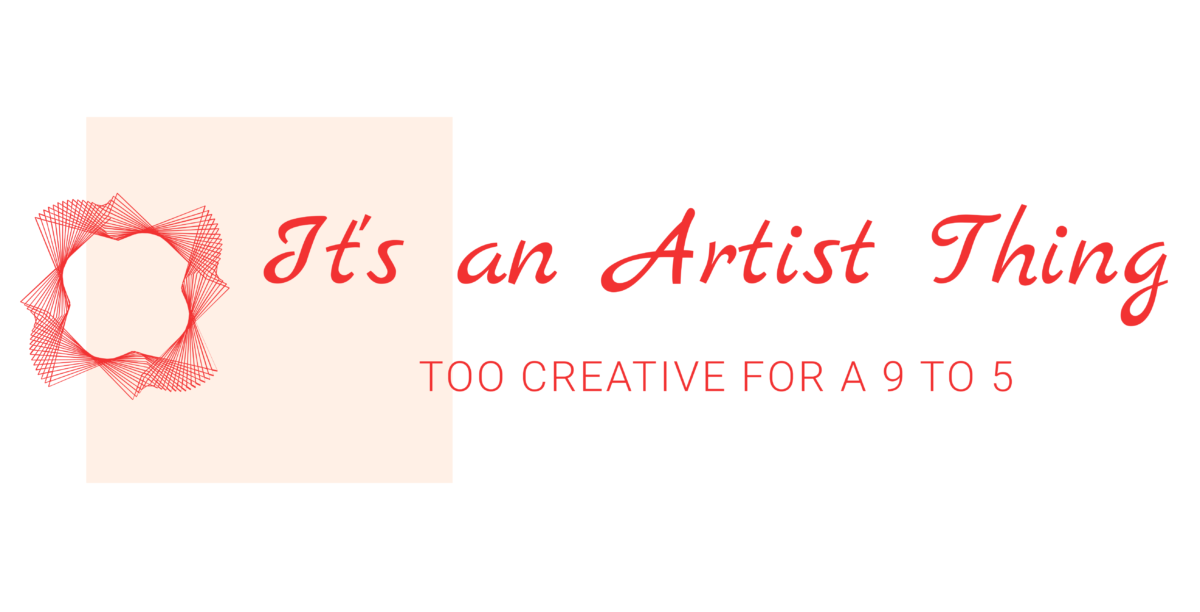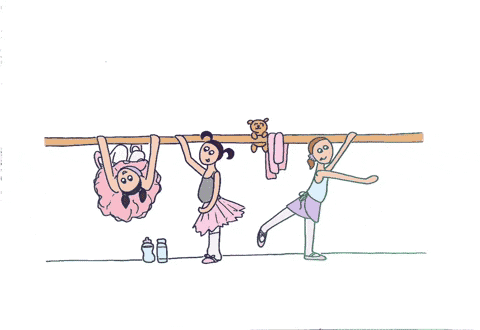
Dance Teacher Professionalism Tips That Will Set You Apart
A few dance teacher professionalism tips that don’t cost a cent.
We’ve all seen ‘em. We’ve even met ‘em. Some of us have even looked up to ‘em. You’ll see later why I say SOME of us.
Yep, it’s no secret that most of the time when a dance teacher reaches a point where he can openly call himself a professional, he lets some of the great foundations one clings to as an amateur slide. Today I want to talk about a few of those foundational, amateur values that are worth holding on to even once a person crosses over to being a professional. And the good news? They don’t cost you anything and are relatively painless. But, trust me, they make all the difference and separate the real pros from the others.
Ready for a few skills that you should never lose once you become a professional? Here they are:
- Personalized Interaction
Another artistic realm where I have witnessed the importance of this skill is in the area of teaching. For me, this discovery was made in a dance studio, but I feel that this relates to anyone who has the honor of offering instruction in their chosen art form.
Get to know your students. Yes, they are there to dance, but if you’re going to spend so much time together you need to recognize them as human beings. Personalized interaction will go a long way in helping your students learn from you.
My first ballet teacher never failed to fulfill this aspect of professionalism. I came to her, taking my first ballet class at the age of nine. To be honest, I don’t really remember the process of getting to know her. I just recall that she often asked me questions about my personal life. She’d ask about my parents and our horses often.
When you take the time to talk to your students and genuinely care about their lives, they will most likely do better because they know that you actually care. From there, the fact that a student you’ve taught is improving is a credit to your title as a professional.
- Willingness to Learn
As a dance student, I’ve been fortunate to have teachers who believe in learning from other professionals. At the school where I received the bulk of my ballet training, one of our instructors, a professional dancer through and through, gave a dance theory class during summer intensive. I remember watching videos of Sylvie Guillem talking about dance concepts and what her own habits were as a dancer.
While training in the salsa studio atmosphere, there is also a great emphasis placed on learning from other greats. Whenever a visiting guest artist comes to teach a masterclass, at least one of my instructors, often more, can be found learning right alongside the students. The motto of one of my instructors is this: “Pushing to be better every day.” If even the greats in their fields place emphasis on continuing to learn and study, how much more should the rest of us!
Take a look at some of the advice Dance Advantage gives about this (Spoiler: Yes, sometimes being professional means accepting that you don’t encompass everything a person could need or ever want in every single circumstance).
- Honor People’s Time
As a teacher, I know the importance of arriving on time for a class. However, there are many who still haven’t learned this skill and it doesn’t do their professional title a bit of good. Not only are teachers who show up late for class not setting a good example for their students, but it signifies a lack of consideration. Students demonstrate respect for their teachers by arriving on time, but it goes both ways. It’s not hard to do, so put it into practice! Arrive those five minutes earlier and knock your professionalism up a couple of notches.
- A Thoughtful Work Vernacular
It should seem like a no-brainer, but some people forget that the way they present themselves verbally is a direct representation of whatever they want to sell or offer to people. Rude language can get in the way of a person’s credibility and professional image.
One year, at the ballet school I trained at we had two guest artists come to perform in the spring show. The excitement in the studio was tangible as we waited for the first guest artist to arrive for class. When this long-awaited professional dancer did finally arrive (late), the first thing he did when his feet hit the studio floor was to curse about how slippery it was. And it didn’t get better from there. He did so much complaining during his time at the studio that any awe I might have felt over his presence was completely gone by the time he left. But the truth is, I lost respect for him from the first encounter.
Present yourself well, impressions really do matter. That doesn’t change even though artistic atmospheres can often feel less formal than, say, a business office setting.
- Common Courtesy
High and mighty though being a professional may seem, one of the things no artist is ever exempt from is common courtesy. Artists are still human beings, so why would this aspect not be required of them when it’s a general rule (one that is taught in preschools or even earlier) for most humans?
Similar to the concept that teachers never grow out of learning, they also never grow out of things like saying hello to anyone who enters their classroom or responding to student questions and inquiries. Even if you wish they’d go somewhere else, snubbing them is not an option. Well, it is, I suppose, but it does reflect on your professionalism.
What do you feel are the traits that separate one dance teacher from another on a professional level? What are the skills you appreciate most in other teachers? Please share in the comments!
Looking for more tips and great information on teaching littles? Check out Teaching Preschool Ballet and Tap, 3 Tips for Keeping Preschool Tap Class Under Control, and 3 Fresh Ideas that Make Preschool Tap Class Fun.





